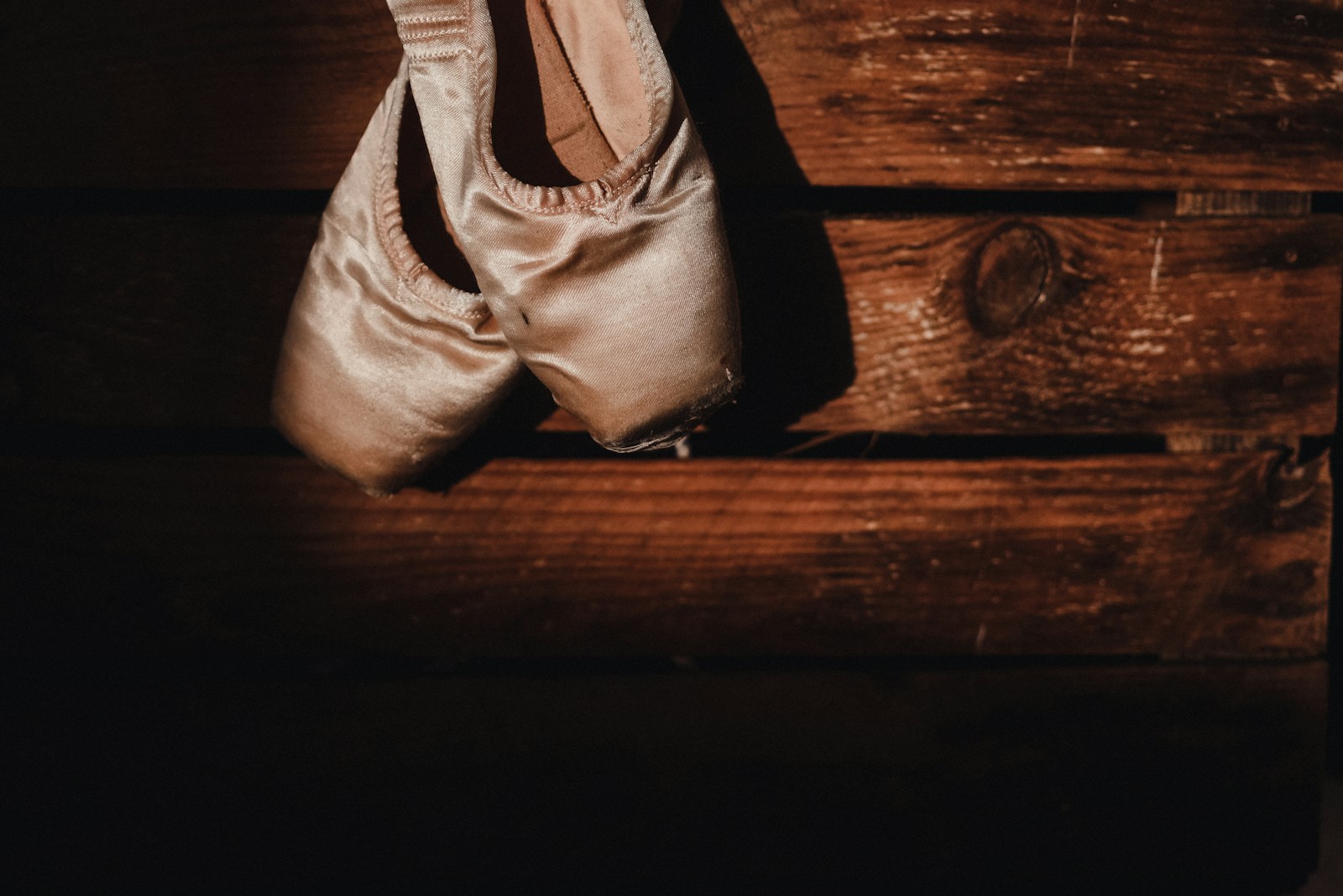
跳舞
tiào wǔ

dance
The Chinese word for dance is '跳舞'. In context, it conveys the act or skill of dancing. It can be used in various contexts just like in English. For instance, 我爱跳舞 (Wǒ ài tiàowǔ) translates to 'I love to dance'.
Example sentences using: 跳舞
跳舞可以减肥。
Tiàowǔ kěyǐ jiǎnféi.

Dancing can help lose weight.
This sentence suggests that dancing can help with weight loss.
我喜欢跳舞。
Wǒ xǐhuān tiàowǔ.

I like dancing.
This sentence directly means, 'I like to dance.' It can be used to express someone's fondness of dancing.
跳舞是我的爱好。
Tiàowǔ shì wǒ de àihào.

Dancing is my hobby.
This sentence is stating that dancing is the person's hobby.
她在学跳舞。
Tā zài xué tiàowǔ.

She is learning to dance.
This sentence expresses that the female subject is currently in the process of learning to dance.
我们一起去跳舞吧!
Wǒmen yīqǐ qù tiàowǔ ba!

Let's go dancing together!
This sentence is an invitation for someone to go dancing together.
我需要跳舞的鞋子。
Wǒ xūyào tiàowǔ de xiézi.

I need dancing shoes.
In this sentence, the speaker is stating the need for shoes specifically designed for dancing.
他们在跳舞比赛中获胜。
Tāmen zài tiàowǔ bǐsài zhōng huòshèng.

They won in the dancing competition.
This sentence expresses that they have won in a dance competition.
今晚的跳舞表演将在八点开始。
Jīnwǎn de tiàowǔ biǎoyǎn jiāng zài bādiǎn kāishǐ.

The dancing show tonight will start at eight.
The sentence tells when the dance performance will start in the evening.
你能跳舞吗?
Nǐ néng tiàowǔ ma?

Can you dance?
This sentence is a direct question asking the recipient if they can dance.
他的跳舞技术真好!
Tā de tiàowǔ jìshù zhēn hǎo!

His dancing skills are really good!
This sentence is praising someone's dancing abilities.